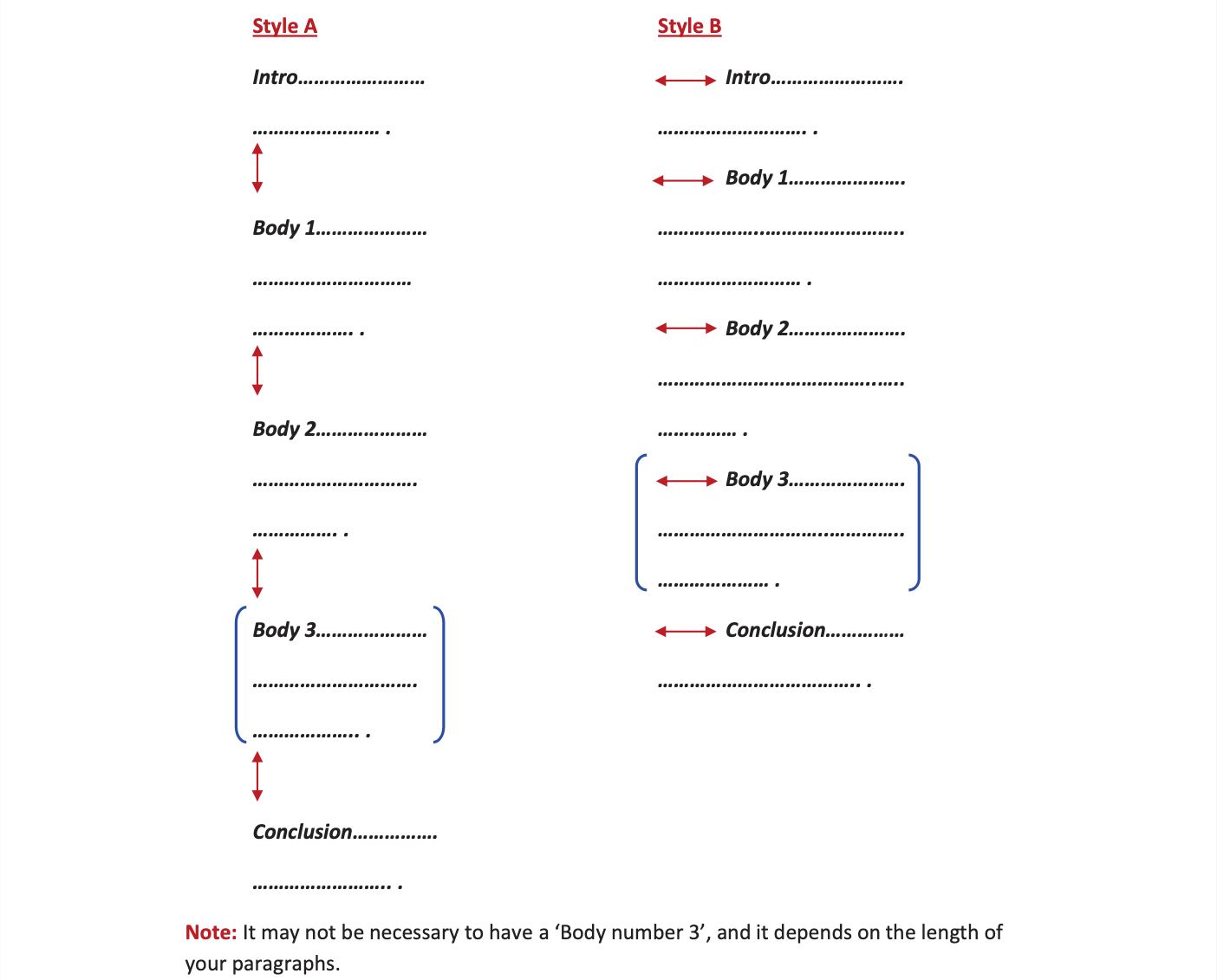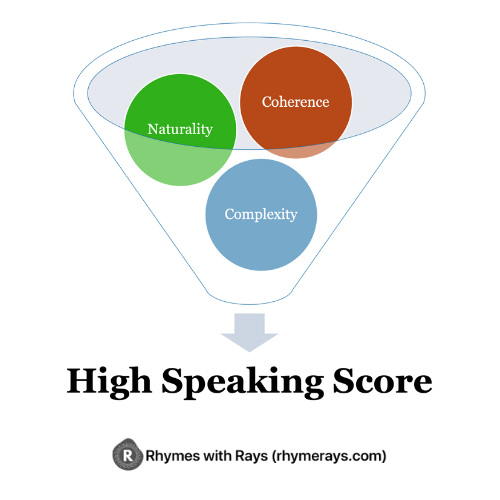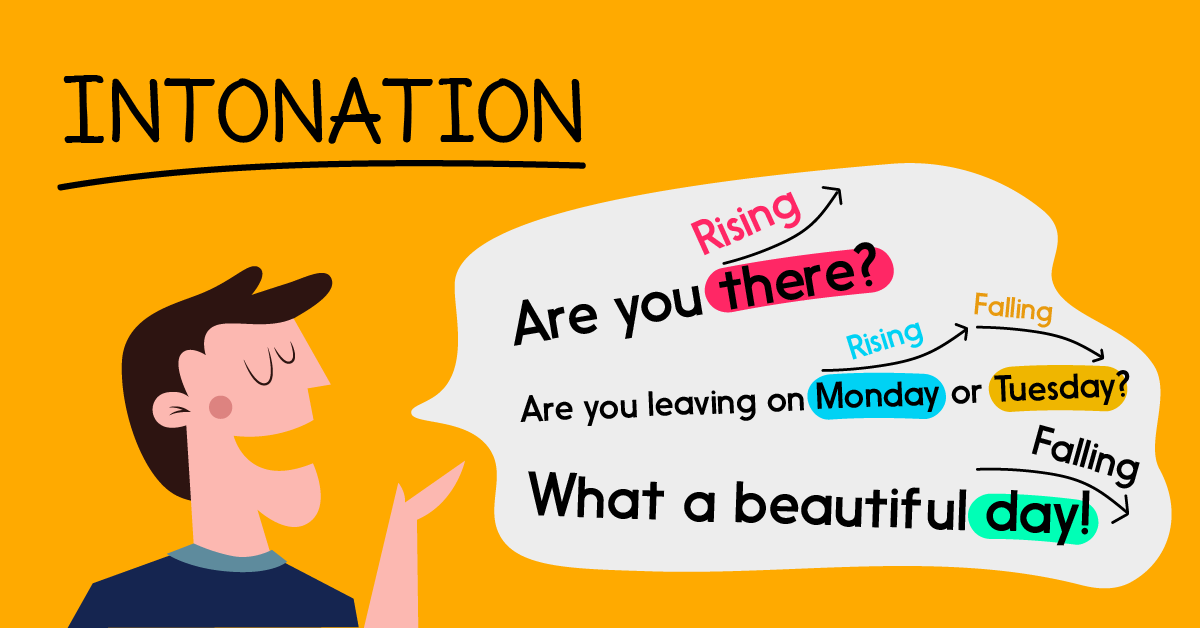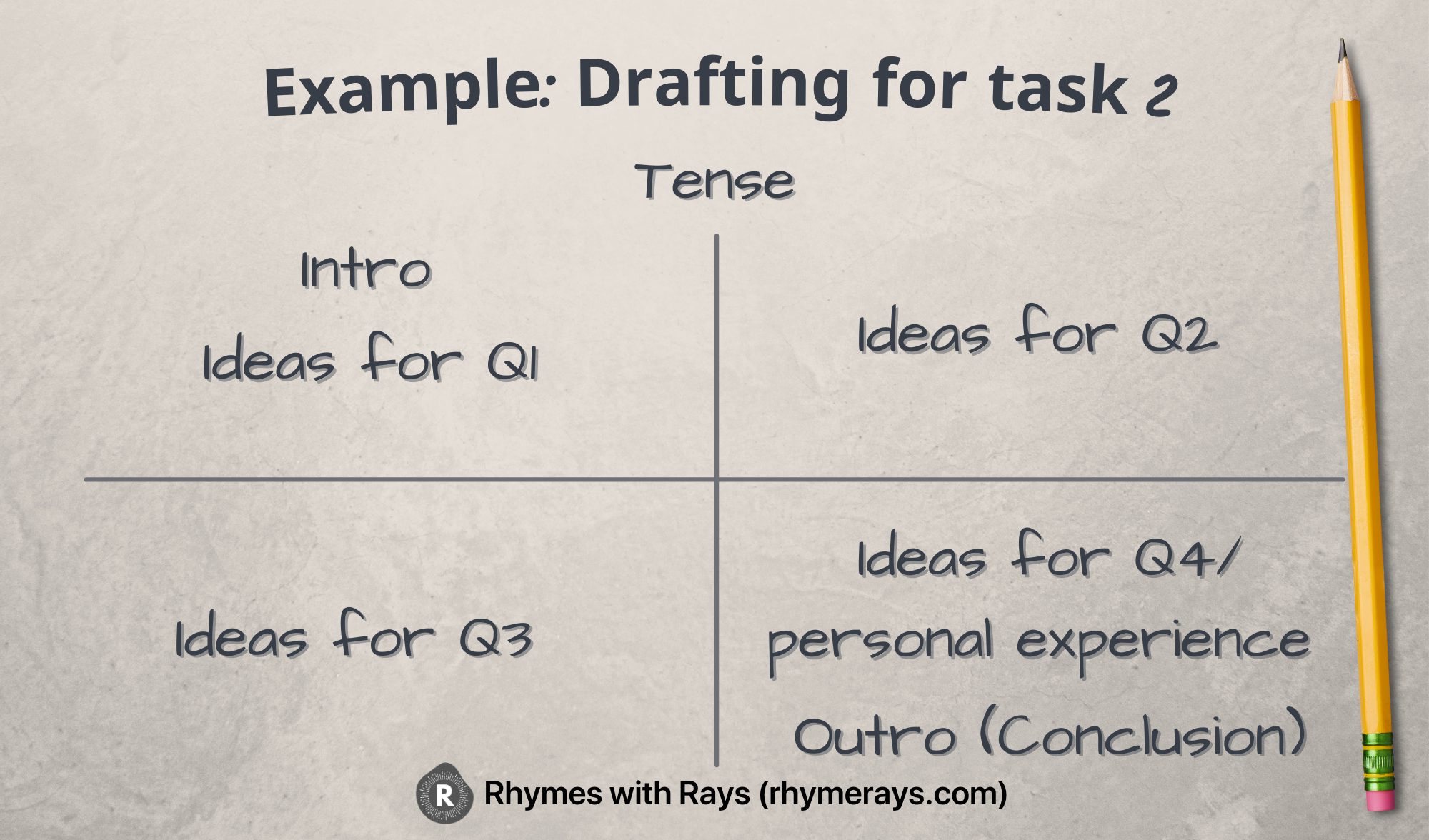#005 IELTS Experience (Part 2) - Writing, Speaking and Test day
In this blog, we'll continue with the last two main skills of IELTS: Writing, Speaking and some final preparation before you step in and take the real Test Day.
Lưu ý: Bài blog lần này được viết hoàn toàn bằng Tiếng Anh, nếu có thắc mắc gì cần giải đáp các bạn có thể liên hệ qua rays@rhymerays.com để hỏi trực tiếp mình nhé!
Link blog trước của series: #4 IELTS EXPERIENCE (PART 1) - PREPARATIONS, READING & LISTENING
Let's begin, shall we?
Writing
Writing Study tips
Remember "why do you want to write"?
My journey of writing in English started only last year, probably with the same intention as most of us: getting a better score than my previous one (6.0 in 2015). However, during the last five years, I turned to realize that I got quite little to no English writing done (translations from English to Vietnamese, yes, but none "actual writing").
The realization came at that precise moment: what have I been trying to learn English for? To put them to use. I learned English to help me know how to convey my thought into words, to help me create my CVs, documentations and even write my own blog (which I'm doing right now).
I didn't learn writing just to finish the Test! I learned to actually write.
So, I started writing!

What I started with, you guessed it, was a daily diary. A full-English one, using an app called Simple Diary.
Starting a diary was difficult; writing it in full English for a beginner was so much harder. From the beginning, it was a true hit-and-miss. I barely got a full week going and thought of giving up multiple times. But somehow, I managed to stick, probably since I realized how many things could be learned from simply jotting some lines a night. The most important Skill was utilizing your small vocabulary (which will expand over time) to express your thought. I even used a couple of sentences to express something that can be done with one simple word.
It's also a fantastic chance to practice using your vocabulary and check your spelling. If I find a new word I would like to learn, I'll put it in a side list, then try using it 2-3 times in that night diary. A new word is usually influenced after 2-3 nights of active recall and spatial repetition.
My recommendation is to start your diary at least 3 months before taking the Test. You'll be much more at ease stepping in that room!
Forming, timing, what to write in each sentence
As per our previous conversation, we have already know the IELTS Test has been very carefully dissected and studied, which leads to many well-presented books or even textbooks. A choice from the majority is "Collins Writing for IELTS", but personally, for IELTS Writing, I follow two books called "IELTS Journal by Adam Smith."

This series has two books, dedicated to 2 Writing Tasks, filled with step-by-step introductions about paragraph formatting, timing, words choice and of course, sample texts - to which, if you follow concisely, can get you a very good Writing result. If we try to go into detail, this blog will be too much to finish in even a day or two, so I highly recommend you check out those books later, with just some small tips in mind:
- Spending some time to brainstorm before writing is crucial.
- Understand different question types and practice at least 2 – 3 times each type.
- Don't forget paraphrasing & linking words; try to combine them and create comparisons (especially useful in Task 1 Writing).
- Be careful of the preposition (a very common yet costly mistake); only use words with prepositions that you are 100% sure of.
- When encountering a new type of question, Re-type sample paragraphs is an excellent way to practice; just make sure to try and re-write that later.
You don't have to be a writer to write a good essay. This task may look even harder than letters or graphs, but it is only a first impression. Just follow the rules, keep the right structure, use some smart and topic specific words and practice a little. This way, you can easily reach a level, where no matter what topic they give you, after 40 minutes, you turn a beautiful 2 pages long essay and walk out of the room with a huge smile on your face! - Task 2 IELTS Writing Academic/General Training Module by Adam Smith
Writing Test Tips

Having some time to brainstorm is crucial to achieve a "good" score, so don't freak out when I'm telling you to spend 10/40 minutes of your task 2 (it although may vary to different questions and topics, if you have finish brainstorming before 10 minutes, jump right in!). I also recommend squeezing out 5 last minutes to skim through your Writing again. You may be surprised by how many spelling or grammar mistakes there are!
Writing Skill is also when computer-based tests have a massive edge over traditional Writing tests: you can sketch while thinking. A couple of sentences per paragraph in prepared can help you organize your thought clearly, before filling in the holes, creating a completed essay. You can also easily replace those few misused words with better ones without having to erase a whole paragraph and re-write it.
Finally, I recommend you choose one specific paragraphing style and hold on to it (as the figure below). Though it might not hugely affect your final score, when presented with a proper, well-thought-out essay, it is always more pleasing to the eyes of our examiners.

Contradicting many's beliefs, I don't think achieving a fair to good Writing result is a tough task. In fact, I believe it's pretty achievable reaching a band 6.0 - 7.0 in Writing.
However, knowing how to write two essays in a Test and actually knowing how to write in English are two very different tasks, so don't forget why you are learning this and practice actually writing!
You too should start writing today!
Speaking
Speaking Study tips
Moving on to our last Output Skill, let's first understand what components are there deciding your Speaking score.

Coherence
Coherence: the situation in which all the parts of something fit together well - Oxford Learners' Dictionaries
My take on Coherence in Speaking is "the ability to understand the given question and confirm that by answering accordingly." It's easier to get lost than many think, especially if you are inexperienced in making conversations or having Test Anxiety.
I would highly recommend not trying to jump right to a conclusion upon hearing the question. Instead, take a deep breath, spend a couple of seconds (you can even ask the examiner for some time to think, just don't take too long, 20-30 seconds or less would be sufficient). If you can't understand the question, you can ask the examiner to repeat the question in task 1 and even paraphrase the question in task 3. However, there will be no extra help given in task 2, in which the question has already been written and given to you.
Q: Do you enjoy reading?
A: I enjoy reading very much, especially on my e-reader. The internet has made reading so much more accessible and getting a great, new book is just a couple of clicks away. Reading is definitely my favorite thing to do in my spare time.
Your delivery of the answer is also important to demonstrate your Coherence. In the example above, you can see a slight disconnection between the second sentence and the question, but the third sentence drives it back on track. From my experience, I suggest always have a "closing sentence," preferably the last one but can also be the first one if your answer is short, as a way of concluding and gather your idea together, proving all those extra details are only there to back up your main idea.
Lastly, remember that made-up stories are completely normal in the Speaking Test. As long as it blends in well and delivers what you're asked for, don't hesitate to create an imaginary story and re-tell it!
Naturality
Your Naturality in speaking is confirmed by correct pronunciation, correct use of tenses and the lack of long pauses during your answer and as few filler words (uhm, eh, ah...) as possible. However, to many people starting to learn English, especially Vietnamese (most of my audience), there is another important factor: Intonation!
Intonation is the change of your tone during a word or sentence (but mostly sentence). There are many different forms of Intonation, but I recommend only 3 basic and most important ones in my opinion:
- If a sentence is finished, the last word falls down.
- If a sentence is NOT finished, the last word goes up.
- If there is something (idea, word) important in a sentence, raise it.

Mastering these 3 intonations should be enough to give your answer a significant boost of natural tonality. In fact, I believe that Intonation is even more important than spelling since it can alternate the spelling of the word!
Choosing a good input source can help your Naturality, even better if you can learn and put some idioms into use! Idioms are great showcases that you actually use English a lot, understand it and can communicate well.
Complexity
The final component is your Complexity, demonstrated by the number of "smart words," complex tenses and complex phrases you can use. However, I don't think it should be the main focus on a Speaking Test, not until you're very confident about the two mentioned components above. In the end, you can already reach a band 6 with "fairly complex language particularly in familiar situation."
There are, however, some shortcuts to make your speech/answer a little more complex.
One great advantage I was lucky to have is my medical terminology vocabulary, but if you're studying in a different major, it can be your professional vocabulary. While being asked: "what are you studying?" instead of saying "I'm a medical student," I can say: "I am currently on my journey to be a pediatrician, preferably a neonatologist - a doctor specialized for newborns' diseases."
Another way is to use some prepared sentences or phrases, especially from books or journals. There are topics and situations that you will surely meet (disagree/agree with something; describe someone, a scene, an object, an animal; express an emotion...). For some examples, I've tried to memorize some sentences like "... is sure to be met with resentment" for strongly disagreeing with something, or "that georgous emotion truly brought a tear to my eye..." when I need to describe a feeling.
In conclusion, my best advice for anyone preparing to take the IELTS Speaking Test is to have a partner, prepare a variety of updated topics to make targeted preparations and practice, practice, practice! After all, if your English is something you use frequently and be comfortable with, your Coherence, Complexity and Naturality come, well, naturally.
Speaking Test tips
If you went through all those study advice, I'm sure you are already much more comfortable and confident stepping in the Speaking Test, so I am keeping the test tips simple.
Task 1:
By now, you should have prepared a variety of topics, so just try to put them into use. Many textbooks recommend keeping it simple with only 1-2 sentences, but I recommend going around 3-4 sentences per answer, with linking words and a good concluding sentence.
Just keep in mind that a good conversation can't happen without eye contact, so get yourself prepare, look into your examiner's eyes and smile while answering, will you?
Task 2:
The key to task 2 is to get your ideas prepared soon as possible, then present them properly in time. I recommend the 4 squares tactic for drafting your answer (see the figure below).

Remember that you should always take notes in letters, not sentences! You don't want to waste time doing that then have no idea how to present the last half part of your speech. Finally, you must be able to FEEL how much time you have spent since there will be NO CLOCK to tell you in the test room, so have a checked-list of at least 30-50 times practicing task 2 speaking during your preparation journey!
Task 3:
After task 2, the examiner already has a rough idea of how much score they should give you, so task 3 is your chance to get some extra score. I must remind you that there aren't that many tenses you need to master to take the Test, but you should be able to use pass perfect test fluently for this task since there is a very high chance the question will be comparing something with a pass version of it.
Maybe you can also try some controversial ideas & think outside the box; in this task, the sky is your only limit!
So, are you ready for the Test Day?
Consider doing some Pre-tests
There are many benefits to have at least one or more pre-tests before your actual Test Day. It can help you know your current level (if you are still on track or above/behind schedule, so your study schedule can be adjusted accordingly.) It also gives you chances to experience Test Anxiety - the most dangerous enemy, which can significantly limit your actual potential score. Having a taste of it may help release or even overcome this hurdle.
There are multiple ways for you to take a pre-test, especially with paper-based tests (since it's easily mimicked). However, to anyone needing a computer-based Test experience: in Viet Nam, IDP Center offers a 1-time computer experience test per person, which I found handy. In this test, you get to see the actual computer (PC) you are taking the test on, do ergonomic checks (height of your chair, eye-level, keyboard, headphones), timing,... Just make sure to have on your hand a list of your desired questions and ask every single one; you don't want to miss the chance!
Preparations for the Test day
I'm sure most of you have already known this, but for those haven't: the IELTS Test is split into two part: Your combined Test (for Listening, Reading, Writing) and your Speaking Test.
Preparations for both Tests are roughly the same, so there are only a few things you should take notes of:
Have a valid ID
Don't put yourself in a trouble position to reach the Test Center only to realize you don't have your ID with you. Remember, if you missed the test, you are not receiving a refund!
Wear light, but make sure not to let yourself be too cold or hot
I suggest always have a coat/sweater with you, just in any case. Also, have a small bag to put all your other belongings (phone, wallet, etc...) since they will be kept in another room.
A bottle of water might not be needed.
Most test centers provide you with free water. However, you should check with your test center about this on your practice day or application day.
Finally, look stunning for the photo 😇
Who wouldn't want a nice photo on their test result, especially when you're planning to use it for abroad scholarship applications etc..., right?
Actual test day
It would be better for your health and mind to stop studying the day before and get an actual good sleep. A study in 2014 concluded students who have a 7-hour sleep before the test perform better than those who don't. You have worked hard until this day, so give yourself some worthy rest!
Also, don't be late; make sure to check your time on the applying sheet multiple times beforehand. Arriving in the test center early gives you a buffer if something is wrong and gives you some time to adapt to the test room atmosphere.
The Speaking test might occur before, after or on the same day as other tests. So be comfortable and confident; it's always nice talking to someone who smiles and makes eye contact than someone who is gloomy. Also, remember to reply to the judge's statements, adding some "yes sir/madam," 'thank you, "I understand" never hurt, right?
Finally, to everyone who is interested and taking the test in the future, I know you have made great preparations, so I wish you all the opportunities you need, so you can also be lucky 🍀, reaching your desired goal!
Cảm ơn mọi người đã đọc hết bài!
Đây là một lần thử sức đối với Rays, kiểm tra chính mình đã đạt được mục tiêu mong ước bao lâu nay chưa (bắt đầu một blog và viết bằng Tiếng Anh). Mình đã học được rất nhiều và tiến bộ hơn qua bài blog này, nên mình hi vọng các bạn đọc cũng có thể rút ra được một ít kinh nghiệm gì đó, hay đơn giản có thêm một lần kinh nghiệm rèn luyện khả năng đọc cho bản thân.
Kì thi IELTS có những yêu cầu rất cụ thể, nhưng là một công cụ rất tốt phản ánh cả quá trình rèn luyện, sử dụng ngôn ngữ Anh cho chúng ta. Mong mọi người luôn nhớ rằng nó là một ngôn ngữ, nên cách tốt nhất để học ngôn ngữ là sử dụng nó, dùng đi dùng lại!
Nếu bạn muốn tìm hiểu thêm về những công cụ tuyệt vời giúp bạn trong quá trình học tập, bạn có thể tham khảo bài viết về Setup học tập tốt hơn. Ngoài ra, việc liên tục sử dụng các phần mềm social media đang ảnh hưởng rất nhiều tới khả năng tập trung, sức khoẻ tinh thần và khả năng học tập, ôn thi của chúng ta, nếu hứng thú bạn có thể đọc thêm tại đây.
Một lần nữa, Rays xin chúc các bạn xây dựng thành công một lịch trình học cho bản thân và đạt được kết quả như mục tiêu đã đề ra!
